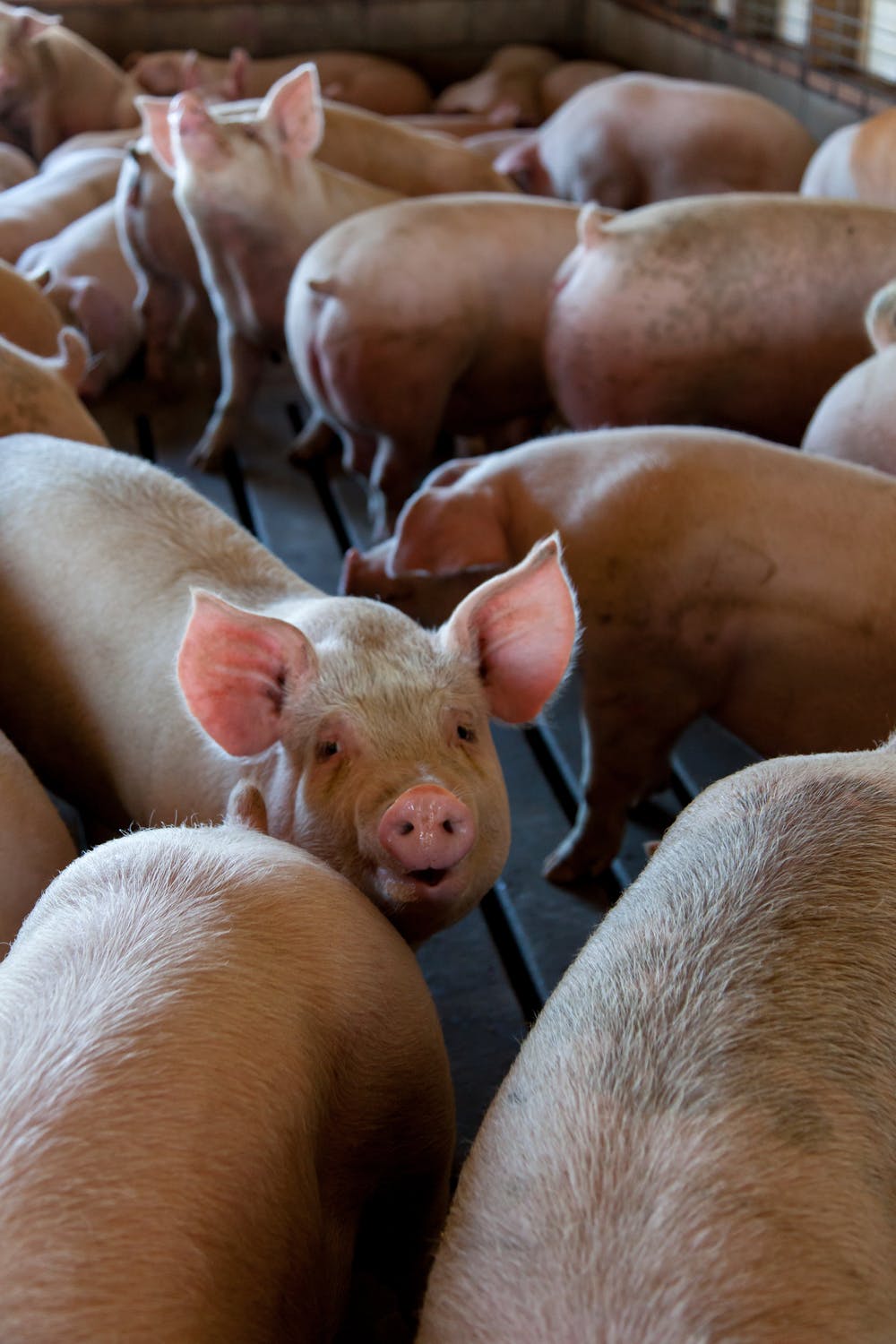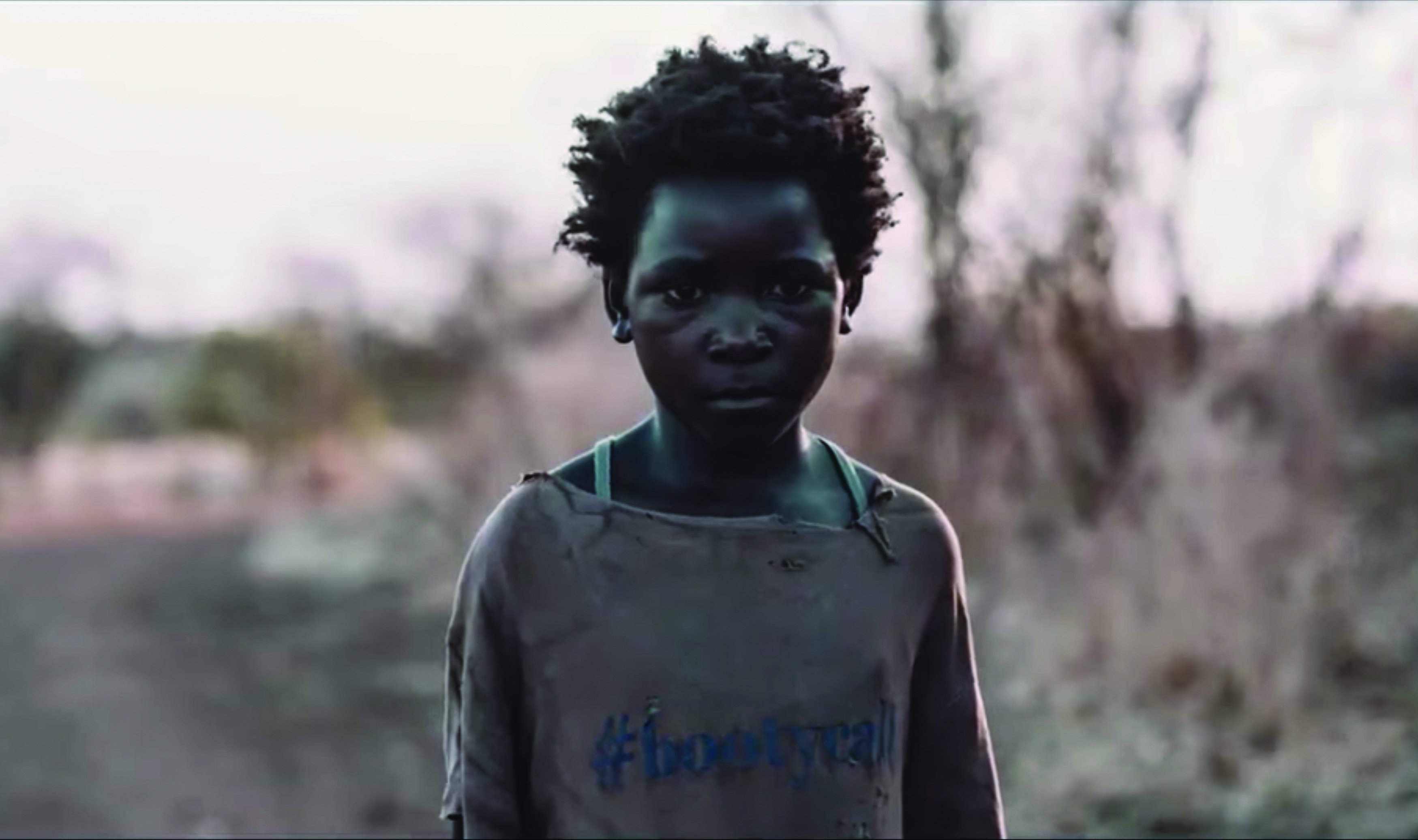A recent outbreak of African swine fever is threatening pig industries throughout several European and Asian countries. Countries most affected are China, Bulgaria and Romania.
According to NPR, African swine fever is different from swine flu and has no effect on humans. The disease affects only pigs and is usually a long-term problem for the pork industry when there is an outbreak.
The situation in Bulgaria “is very worrying,” according to Itkonen. Experts predict that because Bulgaria has failed to contain the spread of the disease, the country could lose its entire pig breeding industry. According to Reuters, that would mean the loss of over 60,000 pigs, and a financial loss of up to two billion levs, or $1.5 billion.
“It’s been difficult trying to repopulate herds and decontaminate facilities in such a short time, Christine McCracken, a senior analyst at RaboResearch, told NPR. “Generally, it takes at least six months, sometimes three years to decontaminate a site.”
Experts believe the disease began in Russia and Belarus, first affecting smaller farms before spreading to local boar. African swine flu is now severely affecting at least 10 EU member countries.
“Fighting African swine fever in the EU represents an extreme and urgent challenge,” EU Commission spokeswoman Anna-Kaisa Itkonen told Reuters.
Bulgaria declared a state of emergency over the African swine fever outbreak when 130,000 affected pigs were culled in a two-week period, according to a report by the Swine Health Information Center.
Reuters reported Vytenis Andriukaitis, the EU’s head of health and food safety, sent 2.9 million euros, the equivalent of US$3.25 million, in financial aid to help fight the outbreak in Bulgaria.
China has also been severely affected by the African swine fever outbreak. While many pork farmers culled a significant portion of their pig population when they first heard of the outbreak, pork supply is starting to run low in the country. The low supply is leading to higher prices, according to NPR.
McCracken estimates China’s pork production could be cut in half by the end of 2019. “That’s roughly 300 million to 350 million pigs lost in China, which is almost a quarter of the world’s pork supply,” she told NPR. “It’s a massive number.”
Due to low pork production, less soy meal feed is being purchased by pork farmers. This, in turn, affects the finances of farmers in Brazil and the United States. According to experts, a 30% cut in China’s pork production could lead to a 3–5% decrease in soy meal feed prices.
African swine fever has been reported in 36 countries across three different continents since 2018, according to the International Organization for Animal Health.
Countries around the world have begun testing pigs for African swine fever and increased defensive measures to prevent the disease from spreading any further. The U.S. Department of Agriculture announced in May 2019 that it would begin testing American hogs for the virus, while also adding a “Beagle Brigade,” a unit made up of beagles that will patrol transportation areas and search for illegal pork products in travel’s suitcases or carry-on items, according to United Press International.






